Apple won’t budge: more profitable to bear iPhone tariffs than shift production to the U.S.
Analyst says Apple would rather endure tariffs than manufacture the iPhone in the U.S.
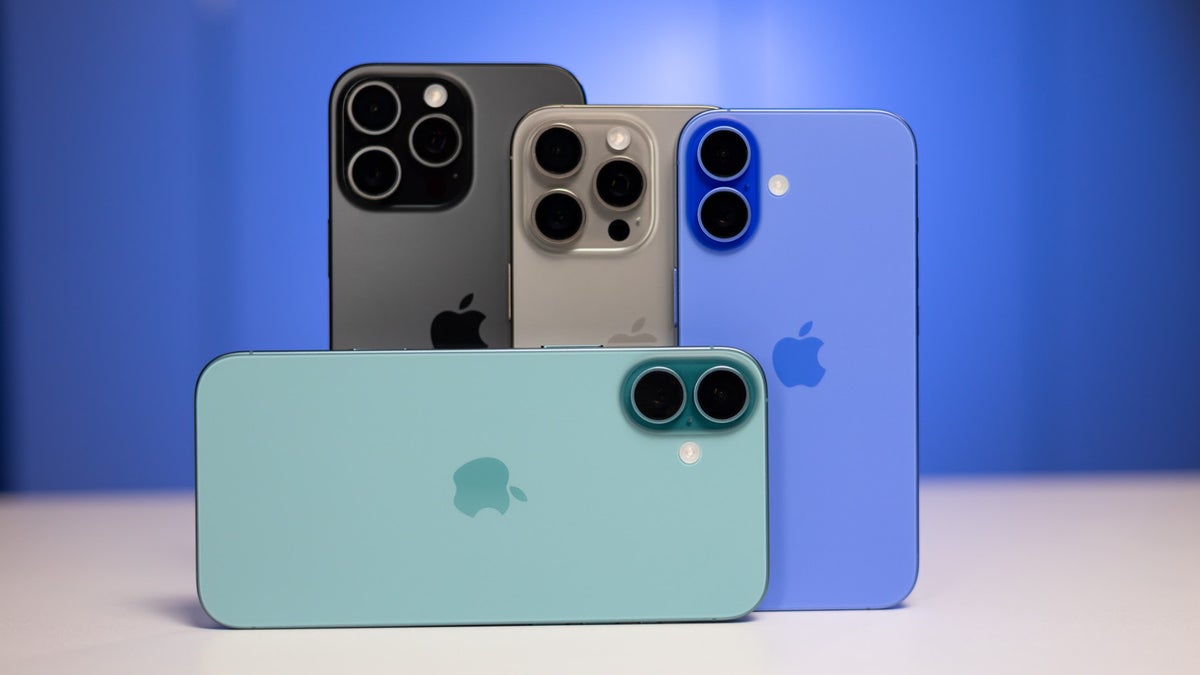
Apple is being directly confronted by President Donald Trump once more, who just said that he will introduce a 25 percent tariff for iPhone specifically. However, renowned Apple analyst Ming-Chi Kuo believes that it would still be more profitable for the company to endure these tariffs.
China, where the majority of iPhone production takes place, was hit with extremely high tariff rates after President Trump took office. Apple began shifting iPhone production to India for models that will be imported into the U.S. However, the president was not happy about this, as his ultimate goal is to see Apple manufacturing its devices Stateside.
Trump has told Apple CEO Tim Cook to not use India as a way to skirt around tariffs, and to start shifting manufacturing to the U.S. Apple hasn’t complied with that to the extent that Trump wants, so the president made a post that said that he would specifically target iPhone models assembled outside the country.
But, even with a 25 percent tariff, Kuo thinks that Apple would still profit more than it would if it moved manufacturing to the U.S. The company is already considering raising iPhone 17 prices this year and that would help with absorbing some of the burden of the tariffs.
However, Apple has a lot more to worry about now than “just” a 25 percent tariff rate on the iPhone.

As Kuo points out, this is the second time that President Trump has directly asked Apple to move production to the U.S. to avoid further complications. Apple cannot continue ignoring these remarks because, if it does, then there’s nothing stopping the president from imposing tariff rates much higher than just 25 percent.
Multiple analysts have claimed that moving iPhone production to the U.S. before Trump’s term ends is impossible. Furthermore, they say that an iPhone manufactured in the States could cost up to $3,500. Apple insider Mark Gurman has also stated that a U.S.-made iPhone is simply not happening. But, if it isn’t, then Apple will have to negotiate long and hard with the president to avoid tariffs for non-compliance.

This is far from the only problem plaguing Apple at the moment. The company has seen a lot of backlash since last year because its promised Apple Intelligence features remain missing or half-baked. Simply put, the iPhone 16 series did not get the features that Apple had said it would, and consumers are rightfully quite angry.
Employees at the company recently revealed why Apple Intelligence failed. Apple’s attempt at AI is one of the biggest blunders that the company has made in years. It’s no surprise that it is teaming up with Google to bring Gemini to the iPhone. If Apple falls behind in AI even more, it will miss out on new emerging industries.
Cook is also anxious about supply chain shortages messing with the iPhone 17 inventory. Apple is between a rock and a hard place nowadays, and navigating its way out of this mess will take a lot of carefully thought out dialog. That, or the iPhone risks losing its enviable status in the American market.
But, even with a 25 percent tariff, Kuo thinks that Apple would still profit more than it would if it moved manufacturing to the U.S. The company is already considering raising iPhone 17 prices this year and that would help with absorbing some of the burden of the tariffs.

The iPhone 16 was mostly manufactured in China. | Video credit — Apple
As Kuo points out, this is the second time that President Trump has directly asked Apple to move production to the U.S. to avoid further complications. Apple cannot continue ignoring these remarks because, if it does, then there’s nothing stopping the president from imposing tariff rates much higher than just 25 percent.
Multiple analysts have claimed that moving iPhone production to the U.S. before Trump’s term ends is impossible. Furthermore, they say that an iPhone manufactured in the States could cost up to $3,500. Apple insider Mark Gurman has also stated that a U.S.-made iPhone is simply not happening. But, if it isn’t, then Apple will have to negotiate long and hard with the president to avoid tariffs for non-compliance.
Samsung — arguably Apple’s largest competitor in the U.S. — is not facing nearly as much resistance. Yes, Samsung doesn’t manufacture its phones in the States and so will be subject to tariffs as well. However, the president has not promised tariffs applied specifically to Samsung’s devices. It seems that Trump mostly just wants to see an iPhone manufactured in the U.S.

Promised Apple Intelligence features for the iPhone 16. | Video credit — Apple
This is far from the only problem plaguing Apple at the moment. The company has seen a lot of backlash since last year because its promised Apple Intelligence features remain missing or half-baked. Simply put, the iPhone 16 series did not get the features that Apple had said it would, and consumers are rightfully quite angry.
Cook is also anxious about supply chain shortages messing with the iPhone 17 inventory. Apple is between a rock and a hard place nowadays, and navigating its way out of this mess will take a lot of carefully thought out dialog. That, or the iPhone risks losing its enviable status in the American market.
Follow us on Google News

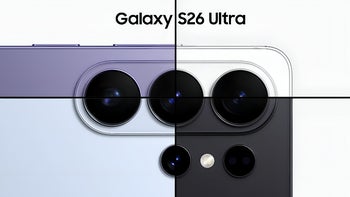
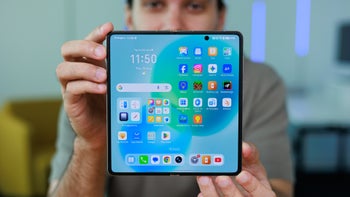
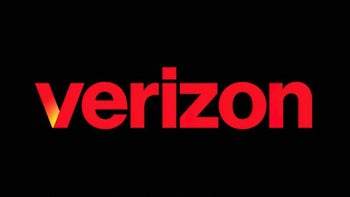
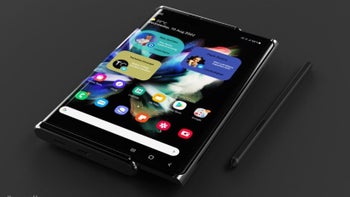
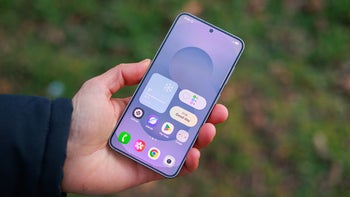
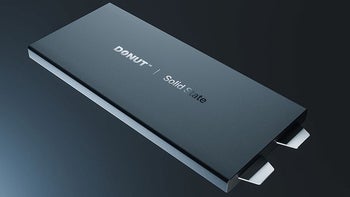
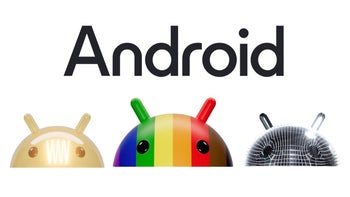
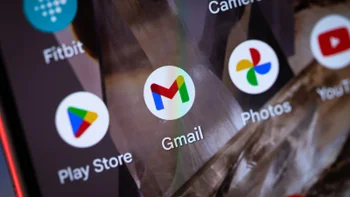
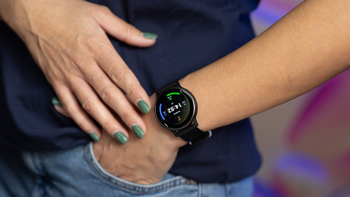
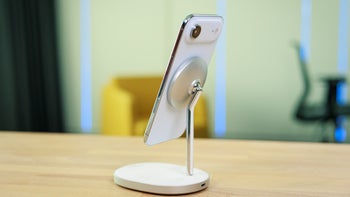

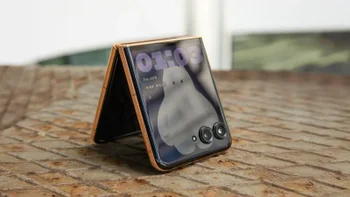
Things that are NOT allowed:
To help keep our community safe and free from spam, we apply temporary limits to newly created accounts: